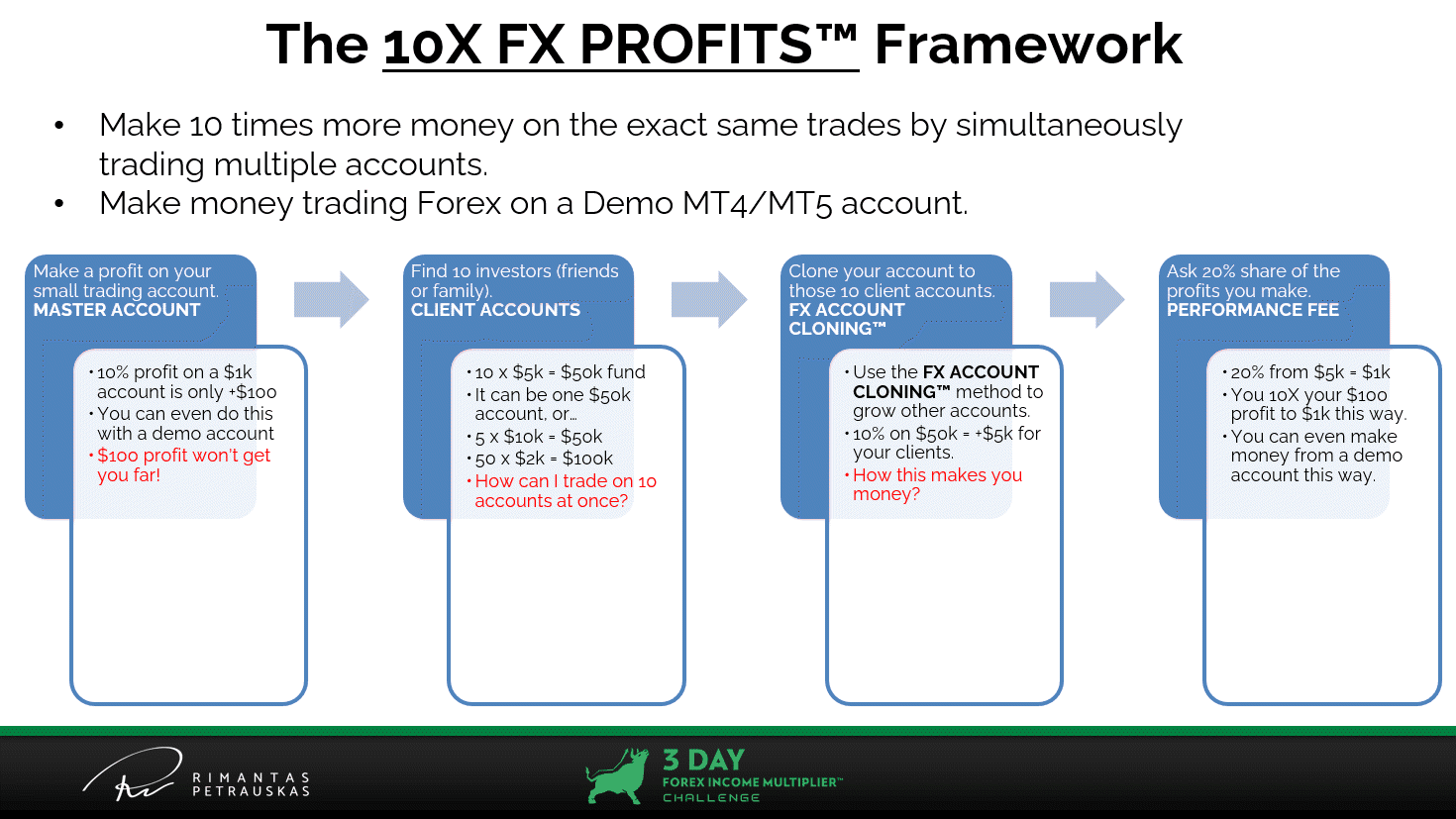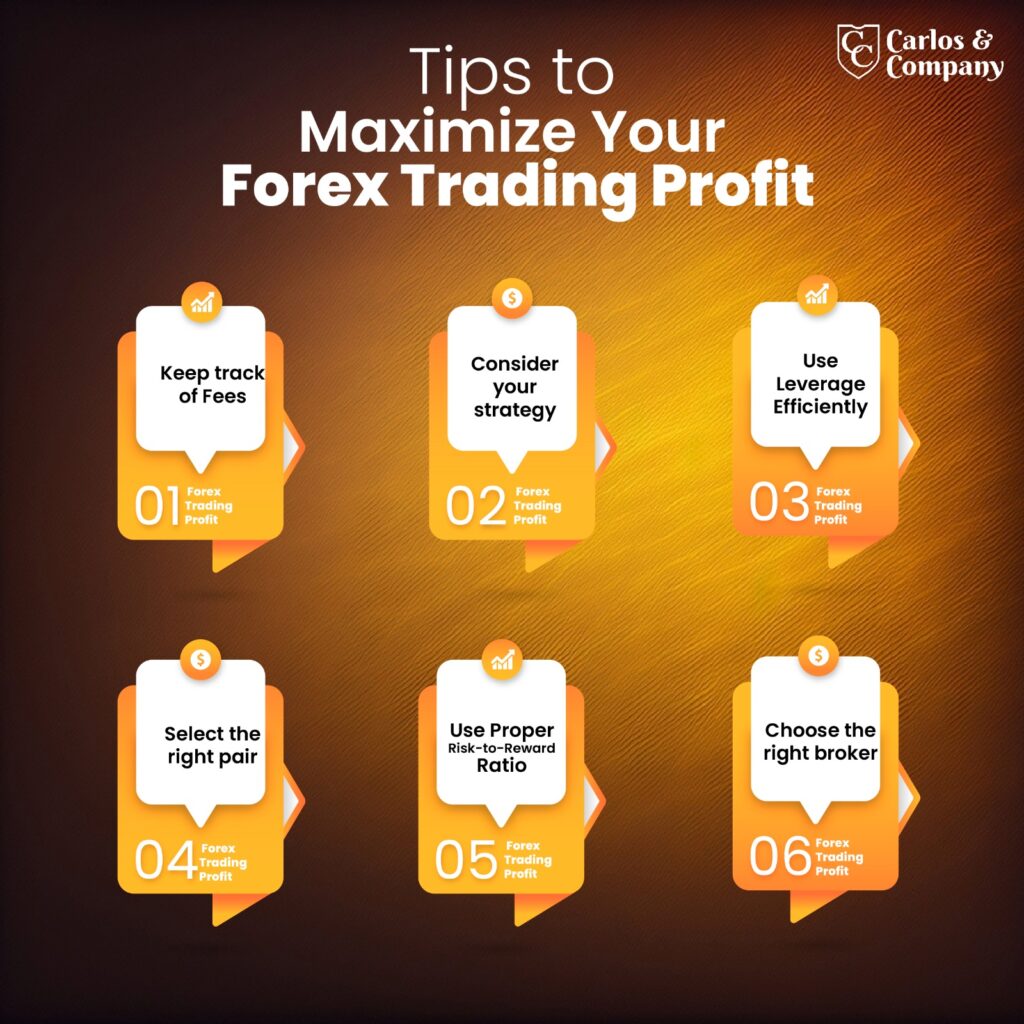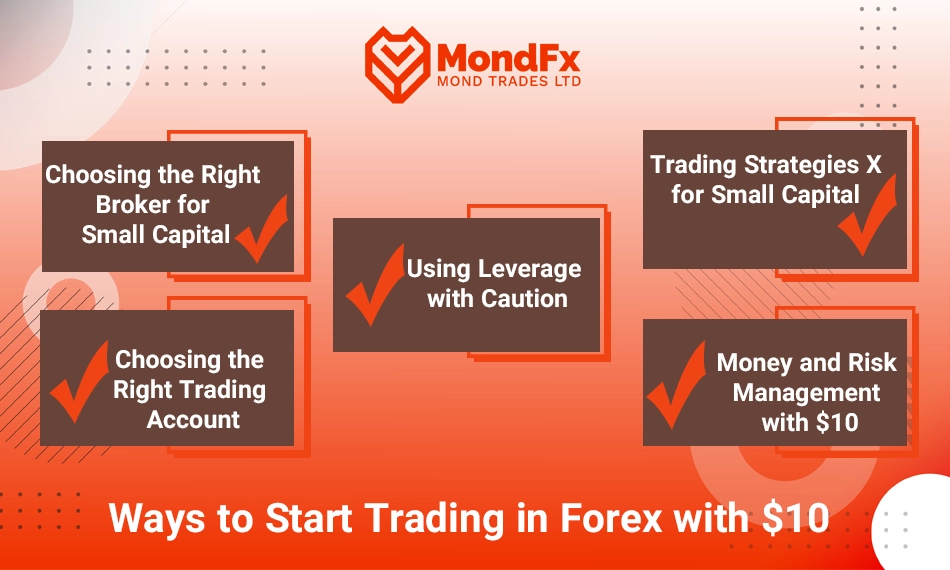Want to trade smarter, not harder? I’ve been where you are — confused, overwhelmed, and watching charts like a hawk, wondering why the profits just weren’t coming. But over time (and after more than a few blown accounts), I realized trading isn’t about being flashy or fast. It’s about being strategic, consistent, and emotionally grounded.
In my early trading days, I made every mistake in the book. I chased trends, ignored news, and let my emotions lead. The turning point? When I finally got serious about risk management and stuck to a clear strategy.
So if you’re tired of losing and ready to turn things around, these 10 trading tips are for you. Whether you’re just getting started or you’ve been at this a while, you’ll find something here that sharpens your edge.
- Risk management strategies to protect your capital
- How to read and react to market news
- When and why to trade specific currency pairs
- Tools that make your trading smarter and faster
- The mindset shifts that changed my P&L for good
By the end, you’ll walk away with clear, no-fluff actions you can take today to start trading like a pro — not a gambler.
1. Risk Management Is Your Safety Net
I didn’t take this seriously at first. I’d go all-in on what looked like a “sure thing.” That cost me. The truth? If you don’t manage risk, the market will do it for you — and not kindly.
Use Stop-Loss Orders Correctly
I remember the first time I set a stop-loss — and stuck to it. It hurt seeing the trade close in red, but later I saw the price crash even further. That stop-loss saved me from a huge drawdown. Use them. They’re not optional.
Calculate Risk-Reward Ratios Before You Enter
Before I hit “buy” or “sell,” I always check my risk-to-reward ratio. I stick with trades that offer at least 1:2 — meaning I risk $1 to potentially make $2. That’s the bare minimum. Ideally, I aim for 1:3.
| Risk | Reward | Ratio |
|---|---|---|
| $100 | $300 | 1:3 |
| $50 | $100 | 1:2 |
Don’t Risk More Than 2%
Seriously — keep your risk per trade under 2% of your total capital. If you have a $1,000 account, never risk more than $20 on a single trade. This simple rule kept me from wiping out during bad streaks.

2. Stay Informed About Market News
Trading without knowing what’s going on in the world is like driving blindfolded. Economic events move the markets — big time. The NFP report alone has blown up more trades than I care to admit.
Watch Economic Events
I keep Forex Factory’s calendar open at all times. It shows what news is coming and how likely it is to shake things up. Red news? I either stay out or tighten my stops.
Understand Market Sentiment
Market sentiment is how traders feel. When fear hits, people dump risky assets. When hope returns, they buy. I read news headlines and watch social media sentiment before opening big positions.
Follow Global Trends
When Russia invaded Ukraine, the Euro tanked. When the Fed hinted at raising rates, the USD surged. This stuff matters. Even if you only trade technicals, knowing the bigger picture gives you context that can keep you one step ahead.

3. Create and Stick to a Trading Strategy
Back in 2023, I jumped from scalping to swing trading to trend following — all in the same week. It was a mess. Once I found a style that matched my personality, everything changed.
Pick a Style That Suits You
If you hate staring at charts all day, don’t scalp. If you’re impatient, swing trading may drive you nuts. I personally prefer intraday trades that last a few hours. Find your groove and master it.
Backtest Before You Go Live
I use Soft4FX Simulator to backtest strategies in MT4. It’s like time-travel for traders. I can see how my setup would’ve performed over months — in minutes. Do this before risking real money.
Avoid Overtrading
This killed me early on. I’d get bored and enter random trades. Discipline means sometimes doing nothing. I now trade only when my system gives a signal. That’s it.
4. Focus on a Few Currency Pairs
Trying to trade every pair is like trying to be fluent in ten languages at once. I stick to EUR/USD and GBP/USD. These pairs are liquid, the spreads are tight, and the patterns are familiar.

5. Use Leverage Wisely
Leverage is a double-edged sword. It can make you or break you. I used to trade with 1:500 leverage — and blew three accounts doing it. Now? I keep it under 1:50. It gives me room to breathe.
6. Practice on a Demo Account First
If you can’t profit in a demo, you won’t profit live. Period. I used a demo account for three months before going live. It helped me learn MT4, test my strategy, and build confidence — without losing a dime.

7. Take Advantage of Technology
I can’t stress this enough — trading tools changed my life. Once I started using VPS hosting, reliable indicators, and an economic calendar plugin, my whole workflow became smoother and more consistent.
I mostly trade on MetaTrader 4, and I always add a few trusted indicators like MACD and the Stochastic Oscillator. But what really helped me was automating parts of my trading process. No more missing trades because I wasn’t at my screen.
Also, if you’re scalping or trading during volatile times, a Forex VPS is a must. It reduces latency and prevents platform crashes during crucial trades.
8. Trade During High Liquidity Hours
When I first started, I’d sometimes place trades at random hours — like 2 a.m. That never worked out well. Liquidity matters. You want to trade when there’s volume, tight spreads, and smoother price action.
Best Time to Trade?
Simple: during market overlaps. The London and New York session overlap (8 AM to 12 PM EST) is the golden window. Most of my winning trades happen here.
| Session | Time (EST) | Liquidity Level |
|---|---|---|
| London | 3 AM – 11 AM | High |
| New York | 8 AM – 5 PM | High |
| Tokyo | 7 PM – 4 AM | Medium |
| Sydney | 5 PM – 2 AM | Low |
9. Master Your Emotions
This was the hardest part for me. After a big loss, I’d try to “win it back” immediately. That never ends well. You need a clear head to trade well — not revenge, not fear, not greed.
Now, I journal every trade and how I was feeling. If I notice a pattern — like taking trades out of boredom — I stop trading for the day. It’s okay to walk away. The market will be there tomorrow.
10. Keep a Trading Journal and Keep Learning
I resisted this one for too long. Who wants to write everything down? But once I started tracking trades, entry reasons, and emotions, I found hidden patterns that helped me improve fast.
I log each trade with entry, exit, screenshots, and notes. Once a week, I review the journal and look for mistakes or trends. That’s how I spot my edge — and my weaknesses.
And don’t stop learning. I take a new course or read a new trading book every few months. The market evolves. So should you.
Frequently Asked Questions
What’s the #1 tip for beginners to avoid losing money in Forex?
Stick to risk management. Never risk more than 2% per trade, and always use a stop-loss. This simple habit can protect your account when trades go wrong — and they will.
How do I choose the best trading strategy for my personality?
Ask yourself: do you enjoy fast action or patience? If you’re impulsive, scalping may be dangerous. If you’re analytical and calm, swing trading might suit you. Test each style in a demo before committing.
How much money do I need to start trading Forex profitably?
You can start with as little as $100 using a micro account, but realistically, aim for $500-$1,000. That gives you room to apply proper risk management and build slowly.
Why do most Forex traders fail?
They fail from poor discipline, overtrading, and ignoring risk. Many chase losses, trade without a plan, or jump strategies too often. Success comes from consistency, control, and continuous learning.
Final Thoughts
We’ve covered a lot. You now know the 10 tips that changed my trading journey — from bleeding red to steady green. You’ve seen how proper risk management, smart use of tools, timing, and a solid strategy can completely shift your results.
If you take one thing away, let it be this: discipline beats everything. The market doesn’t care about your feelings — only your plan, your patience, and your process.
Keep it simple. Keep it smart. And keep showing up.
